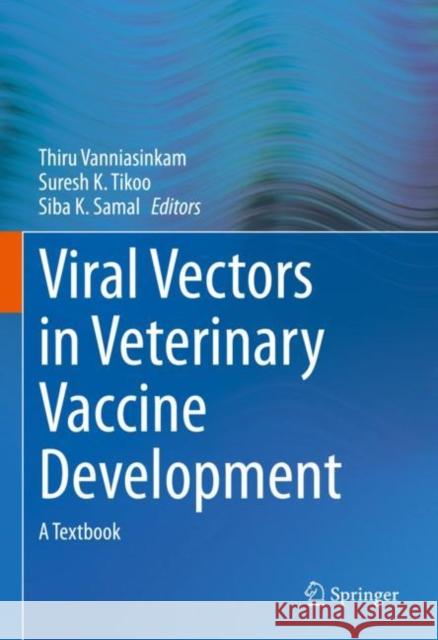Viral Vectors in Veterinary Vaccine Development: A Textbook » książka
topmenu
Viral Vectors in Veterinary Vaccine Development: A Textbook
ISBN-13: 9783030519261 / Angielski / Twarda / 2020 / 230 str.
Viral Vectors in Veterinary Vaccine Development: A Textbook
ISBN-13: 9783030519261 / Angielski / Twarda / 2020 / 230 str.
cena 484,18
(netto: 461,12 VAT: 5%)
Najniższa cena z 30 dni: 462,63
(netto: 461,12 VAT: 5%)
Najniższa cena z 30 dni: 462,63
Termin realizacji zamówienia:
ok. 22 dni roboczych
Dostawa w 2026 r.
ok. 22 dni roboczych
Dostawa w 2026 r.
Darmowa dostawa!
Kategorie BISAC:
Wydawca:
Springer
Język:
Angielski
ISBN-13:
9783030519261
Rok wydania:
2020
Wydanie:
2021
Ilość stron:
230
Waga:
0.63 kg
Wymiary:
25.91 x 19.56 x 1.27
Oprawa:
Twarda
Wolumenów:
01











